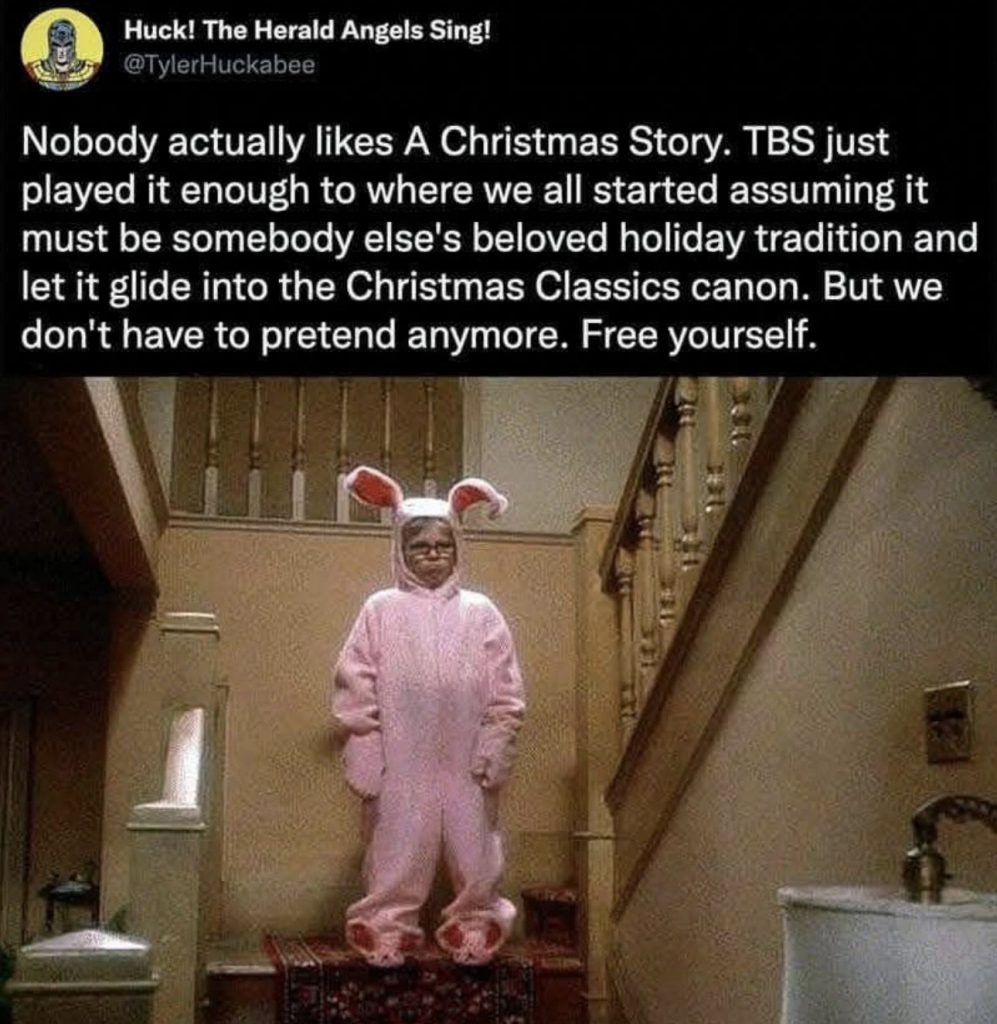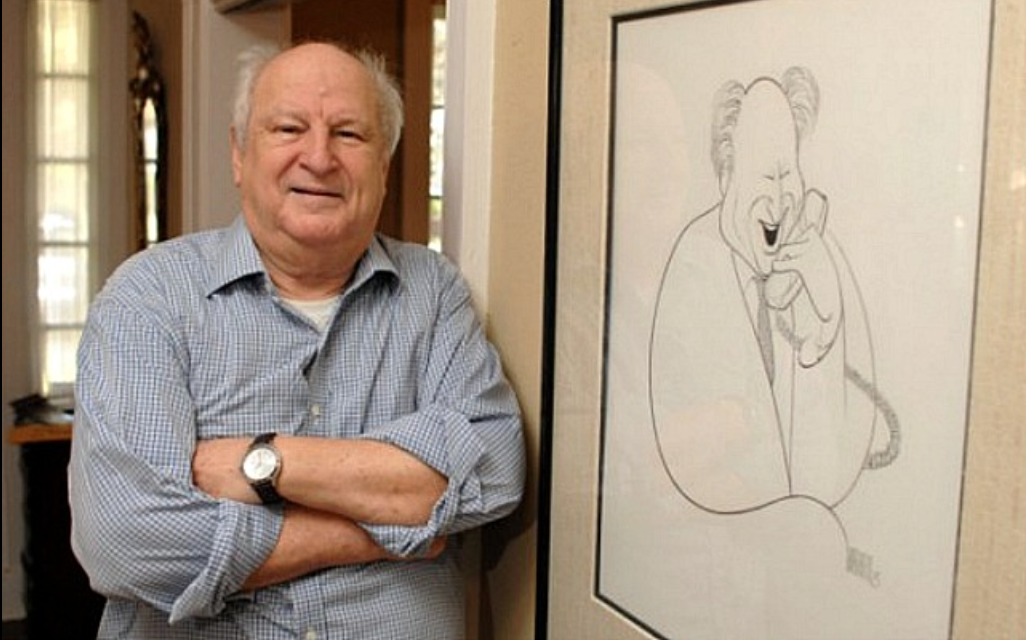…that the percentage of really good films he’s starred in has been fairly low. Hanks has said this plain and straight.
It’s a basic creative and biological law that only about 10% of your films are going to be regarded as serious creme de la creme…if that. Most big stars (the smart ones) are given a window of a solid dozen years or so in which they have the power, agency and wherewithal to bring their game and show what they’re worth creatively. We all want to be rich, but the real stars care about making their mark.
Most name-brand directors, producers and actors enjoy 12-year streaks when everything is cooking and breaking their way. Some directors and actors are lucky enough to last 15 or 20 years or even longer. Your task, should you choose to accept it (and I know I’ve posted about this before), is to list any number of Hollywood heavyweights and when their 12-year hot streaks (or better) happened.
I’m not talking about the ability to work or get work — I’m talking about the years of serious heat and the best years falling into place.
Cary Grant peaked from the late ‘30s to late ‘50s.
James Cagney between Public Enemy and White Heat — call it 20.
James Stewart between Destry Rides Again and Anatomy of a Murder — 20.
Clark Gable’s hottest years were between It Happened One Night (‘34) and The Hucksters (‘47).
Humphrey Bogart happened between High Sierra / The Maltese Falcon (‘41) and The Harder They Fall (‘56) — a 15-year run.
Robert Redford peaked between Butch Cassidy (‘69) and Brubaker and Ordinary People (‘80) — 11 to 12 years.
Elizabeth Taylor had 15 years — 1950 (Father of the Bride) to 1966 (Who’s Afraid of Virginia Woolf).
Jean Arthur — mid ’30s to early ’50s (Shane) — call it 15 years.
Katharine Hepburn — early ’30s to early ’80s (On Golden Pond).
Meryl Streep — 1979 (The Seduction of Joe Tynan) to today…40 years and counting.
Martin Scorsese is the king of long-lasting directors — Mean Streets (’73) to Killers of the Flower Moon (’22)…a half-century!
John Huston had about 15 years — 1941 (The Maltese Falcon) to 1956 (Moby Dick).
Alfred Hitchcock had 23 years — ’40 (Rebecca) to ’63 (The Birds).
Steven Soderbergh‘s had 23 years so far — 1989 (sex, lies and videotape) to 2012 (Magic Mike) and he’s obviously still kicking.
John Ford enjoyed 27 good years — ’35 (The Informer) to ’62 (The Man Who Shot Liberty Valance).
John Wayne had an amazing 37 years — 1939 (Stagecoach) to 1976 (The Shootist).
George Clooney‘s peak period lasted almost 20 years.
Tony Curtis‘s hot streak was relatively brief — 1957 (Sweet Smell of Success) to 1968 (The Boston Strangler).
Kirk Douglas had about 15 years — Champion (’49) to Seven Days in May (’64).
Richard Burton — 1953 (The Robe) to 1977 (Equus) — almost 25.









